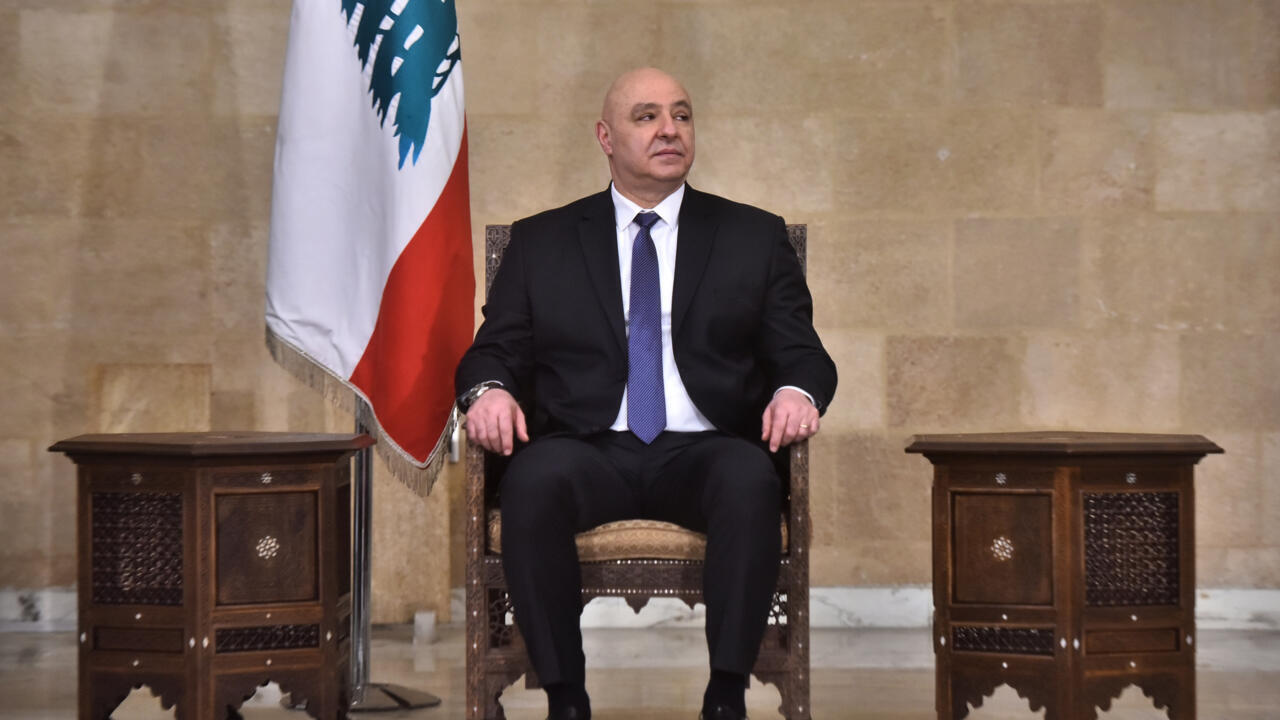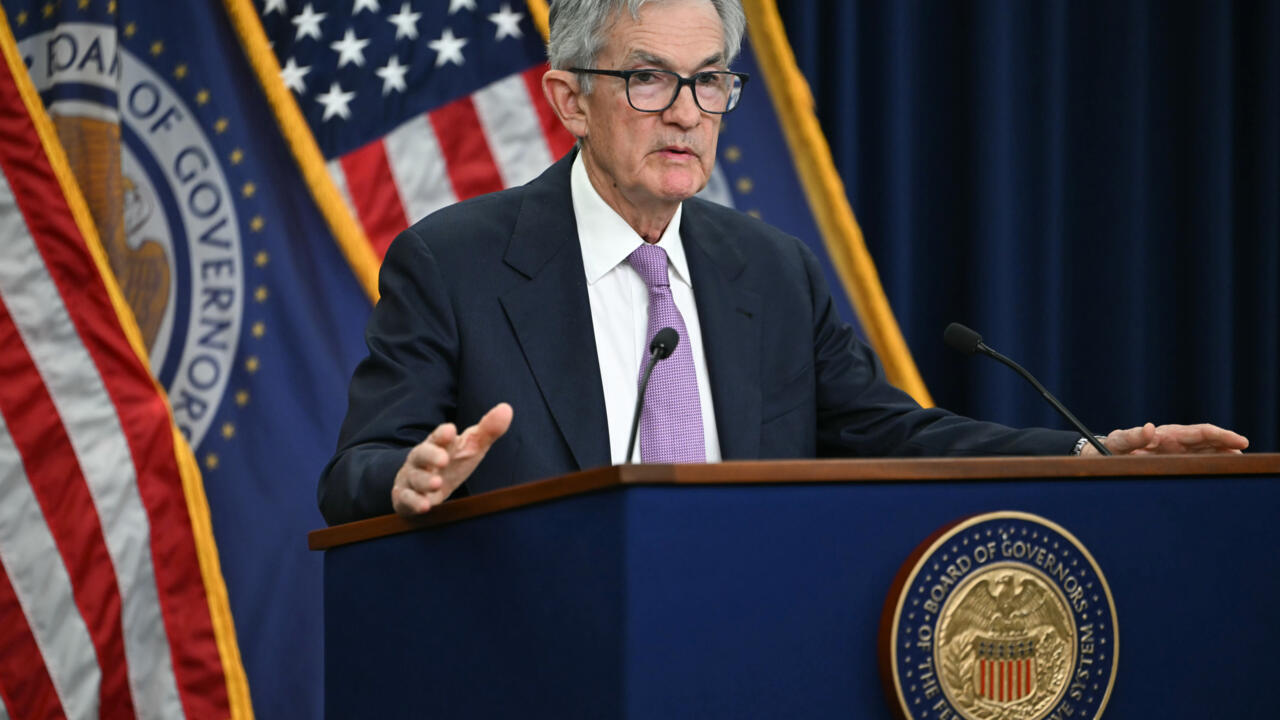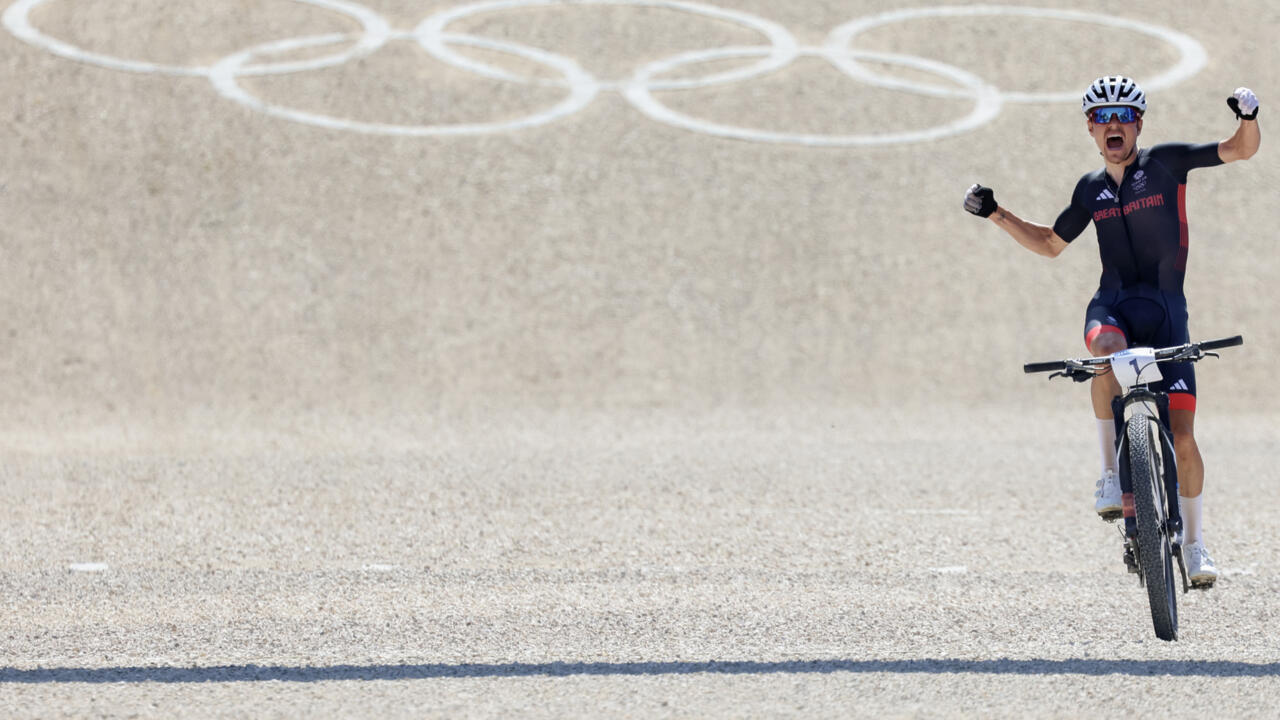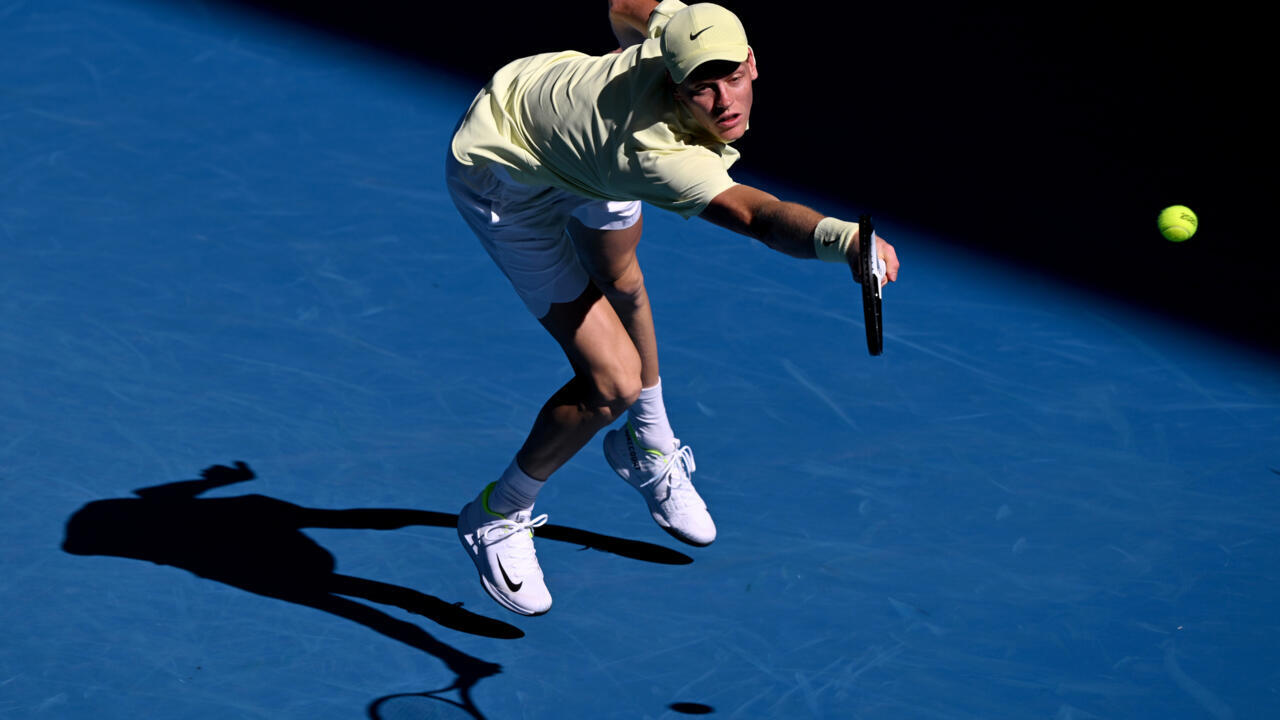The consultations, a constitutional requirement under Lebanon’s sectarian power-sharing system, come just days after Aoun’s election amid foreign pressure for swift progress — particularly from the United States and Saudi Arabia.
The small Mediterranean nation had been without a president since October 2022, run by a caretaker government despite a crushing economic crisis and a war between Lebanese militant group Hezbollah and Israel.
Names floated for the post of prime minster, which is reserved for a Sunni Muslim, include current caretaker premier Najib Mikati, anti-Hezbollah lawmaker Fouad Makhzoumi, and Nawaf Salam, presiding judge at the International Court of Justice in the Hague.
Aoun’s consultations with political blocs begin at 8:00 am (0600 GMT) with a meeting with powerful parliament speaker and Hezbollah ally Nabih Berri.
A source close to Hezbollah told AFP that both the group and Berri’s Amal movement supported Mikati.
The incumbent’s re-designation is “part of the accord reached with the Saudi envoy to Lebanon… that led Hezbollah and Amal to vote for Aoun as president” last week, the source said on condition of anonymity as the matter is sensitive.
Saudi Arabia and the United States were among key countries driving diplomatic efforts to end the presidential vacuum.
Riyadh has restored its interest in Lebanon’s political scene after years of distancing itself in protest at the influence of the Iran-backed Hezbollah, which was heavily weakened in its latest devastating war with Israel.
Mikati, who has already formed three governments and has good relations with Lebanon’s political parties and several foreign countries, has denied any such prior arrangement exists.
One of the country’s richest men, Mikati has headed the country in a caretaker capacity throughout the presidential vacuum.
Major challenges
Mikati said on the sidelines of the presidential vote on Thursday that he was ready to serve the country “if needed”.
Whoever heads Lebanon’s new government will face major challenges, including implementing reforms to satisfy international donors amid the grinding five-year economic crisis.
They will also face the daunting task of reconstructing swathes of the country after the Israel-Hezbollah war and implementing the November 27 ceasefire agreement, which includes the thorny issue of disarming Hezbollah.






